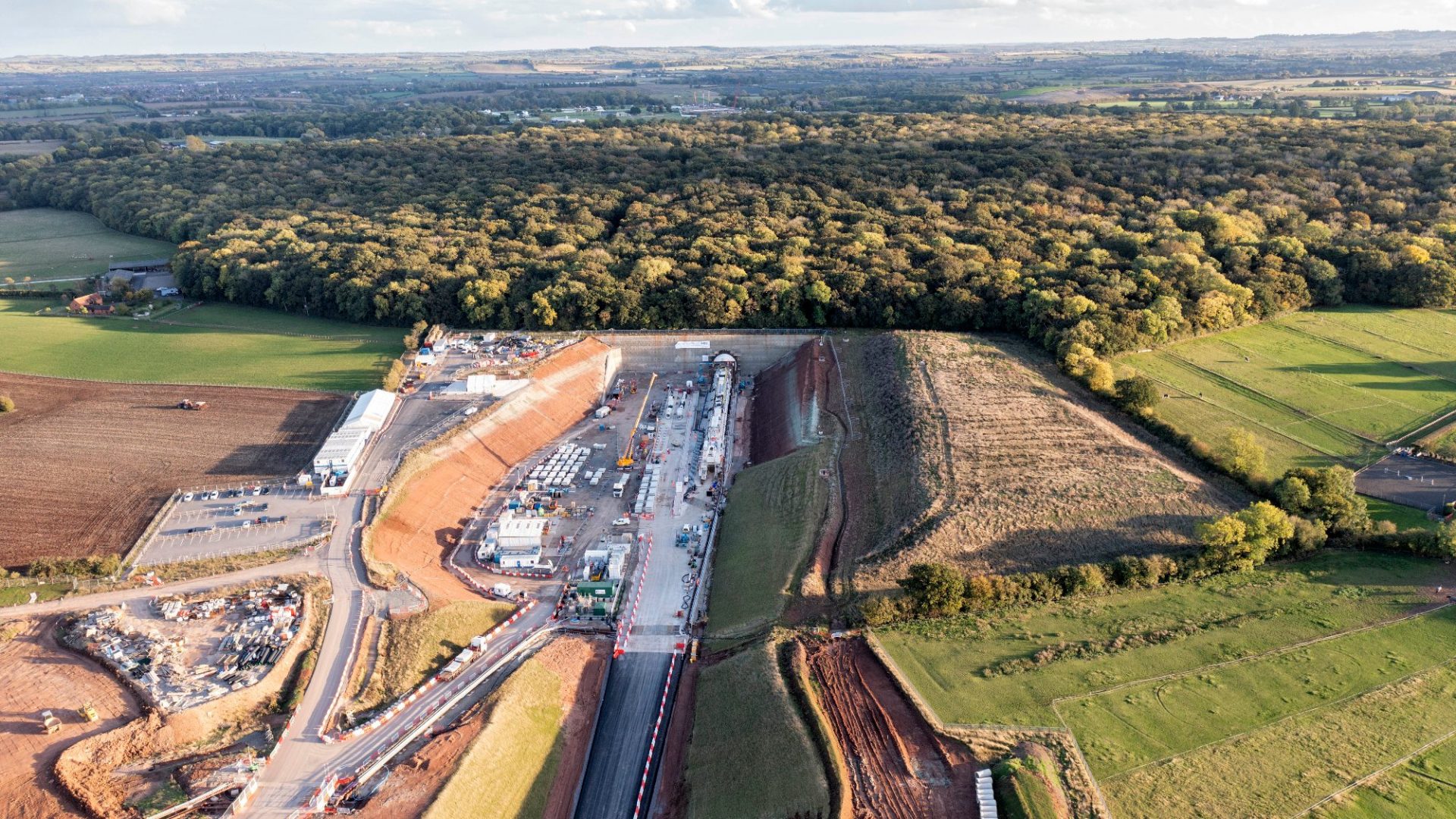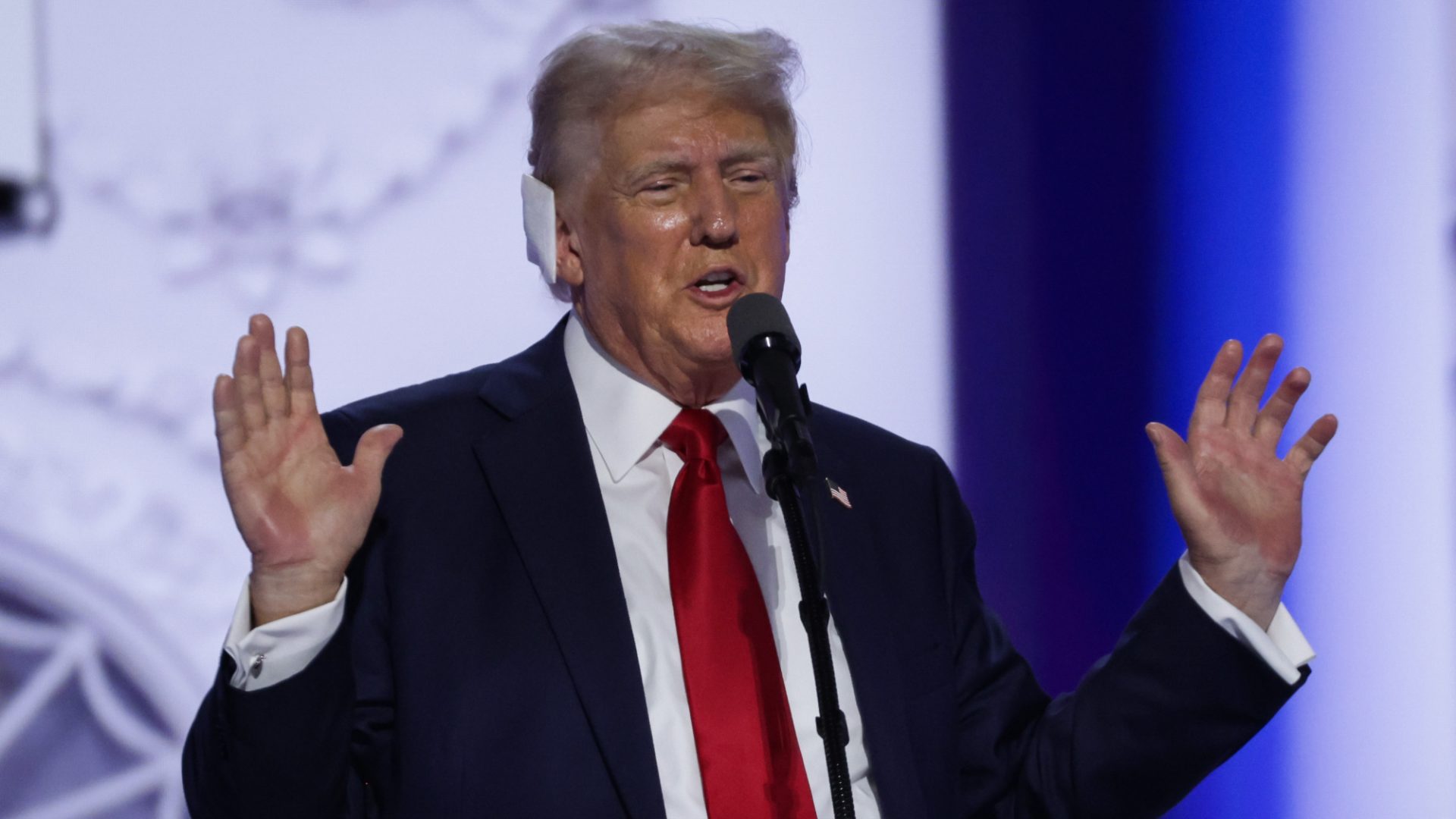Sending messages by symbolism is a British speciality. At the European Political Conference summit held at Blenheim Palace, Sir Keir Starmer had the original copy of the 1949 Treaty of London on prominent display. It is the treaty that established the European Court of Human Rights.
Subtle it was not, especially when Sir Keir announced that his government would never leave the ECHR. Common sense is back at last.
Not only that, but Starmer looked genuinely happy to be chairing a European event. It was only two years ago that Liz Truss shamefully said the “jury was still out” on whether Emmanuel Macron was a friend or foe of Britain. Well, the jury is back, and the verdict is another defeat for the woman who lost to a lettuce.
At Blenheim, there were serious discussions about asylum seekers and immigration, more money to stop people even trying to leave for Europe, and talks about processing applicants before they get to the UK. Rwanda is dead, realism is alive and kicking.
As the French president arrived at the conference he told the BBC, “I’m very happy and this is a great opportunity for a reset.” A reset it is.
For other European nations, treated like lepers by Tory governments for years, this is a significant and timely change. What they are hearing is that the UK may not be back in the EU, but it is back as a serious European nation. Faced with a war in Ukraine and a possible Trump presidency, it is coming just in time – although the residual scepticism about Britain post-Brexit will take decades to wash through.
And the new government is not just saying all the right things, it has also decided to act. Something significant happened last week that slipped under the radar here until I wrote about it on the New European’s website last Thursday. It was then picked up on the front page of the Sunday Express, under the typically hysterical headline “The Great Brexit Betrayal”.
Of course, it is nothing like a betrayal. But hidden in the King’s Speech was a small announcement that is going to change the UK’s relationship with the EU for the better. It is a break with the ideological Brexit that has done untold harm to the British economy.
The actual announcement is in the description of a new bill with the rather uninspiring title of the Product Safety and Metrology bill. It says: “This bill will enable us to make the sovereign choice to mirror or diverge from updated EU rules, so we can maintain high product safety while supporting businesses and economic growth.” Sounds dull as ditchwater, doesn’t it? But the key word here is “mirror” – and that alone makes this a massive event.
There are probably no more boring words in English than “regulatory divergence by inertia”, but it is a phrase that has haunted British industry ever since the referendum.
What it means is that the EU improves its regulations all the time, but the ones in the UK are the ones we inherited when we left the EU in 2021. If the UK government does nothing to change UK regulations to keep in line with EU ones, then the two will, over time, diverge.
And one day a British company that has been following EU regulations for decades could wake up to find that its products are unsaleable in the rest of Europe, because they no longer comply with EU rules and are therefore illegal. Its sales would stop overnight until it changed its production immediately.
If this sounds far-fetched, I once visited a central heating factory in Norway where it had actually happened. EU safety and environmental standards for domestic boilers had changed, but Norway failed to comprehend the full scale of their impact and adapt its own rules.
The company in question was forced to stop production, to rework its product design and its production line. It cost them millions. This is why regulatory divergence by inertia was so worrying for British business – a time bomb that remained ticking after others like Jacob Rees-Mogg’s ruinous bonfire of EU regulations, or the ludicrous British-only CE mark, had been defused.
Now British industry can breathe again. A spokesperson for Make UK, the engineering industries trade body, told me: “This is a sensible, pragmatic choice that leaves the door open to diverging should there be an opportunity to enhance industry’s competitiveness while remaining aligned with the EU where it is in the best interests to do so.”
Most businesses won’t diverge much, if at all. “There has never been any desperate clamour from industry to diverge, given that previous plans to do so were based on little more than ideological pureness, which didn’t stand up to the first meeting with reality,” the spokesperson added. I think they mean you, Jacob.
Three weeks into a Labour government then, sanity has prevailed and the grown-ups have returned to the room. The Brexiteers, predictably, are outraged.
Iain Duncan Smith told the Sunday Express that the change could “hit British firms hard” – nonsense, as the Make UK spokesperson’s quotes make clear. Liam Fox, a truly hopeless trade secretary in his day, wailed to the paper that Labour had “embarked on the great Brexit betrayal, bringing us back within the grasp of EU law over which we have no control”. David Davis, even worse as Brexit secretary, claimed mirroring was “against the spirit of the referendum”.
This is rich. It was Davis, Fox, IDS and co who promised us before the 2016 vote that after leaving we would have a “better deal” than membership of the EU, and that we would stay in the single market. If they had kept their word, the UK would always have had to stay in lockstep with EU rules and regulations. They are the ones who moved the goalposts.
Let them wail all they want. The days of ideological madness are over. There is much more to do on a whole host of issues, but at least we can feel assured that there is more to come.
Regulatory alignment and Blenheim are two sides of the same coin. One is quiet and practical, the other loud and symbolic.
After eight years of chaos, it is still shocking to say that things are important just because they are the sensible, responsible, grown-up and intelligent things to do.
But they are, and the change is like a cool breeze on a sweltering day.




